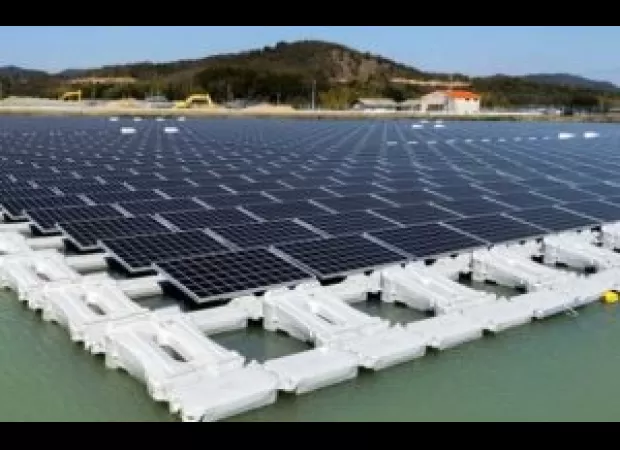India is 63rd and China is 20th on WEF's Energy Transition Index.
India ranks 63rd on global Energy Transition Index by World Economic Forum, showing improvement in energy equity, security, and sustainability. Europe dominates top ranks.

In an effort to assess the progress of countries in terms of energy transition, the World Economic Forum has released a global Energy Transition Index. India, ranked 63rd on this index, has made significant strides in the areas of energy equity, security, and sustainability. However, it still has room for improvement. Meanwhile, European countries such as Sweden, Denmark, Finland, Switzerland, and France take the top spots.
China, the world's most populous country, was ranked at 20th place. This is noteworthy as many countries have regressed in at least one of the three dimensions of energy system performance - security, equity, and sustainability. The WEF recognized India's efforts and stated that its outcomes could serve as a model for other countries to follow.
The WEF suggested that governments could create awareness and implement policies to promote energy efficiency, such as guidelines for energy-efficient infrastructure and incentives for retrofitting. It also highlighted the concept of reverse innovation, where developed countries can learn from frugal and scalable innovations originating in developing countries and then implement them on a global scale.
China and India, with a combined population of over a third of the world's population, will play a crucial role in the energy transition. Both countries have made progress in renewable energy development and access, as well as energy security. However, the WEF also pointed out that the phase-out of coal would be a major factor in reducing emissions. It also recognized the potential of these countries in green technology manufacturing.
The report stated that while the energy transition is still progressing globally, it has slowed down due to increasing uncertainty. Out of the 120 countries evaluated, 107 have shown progress, but balancing the different facets of the transition remains a challenge. The WEF noted that countries like China and India are leading the way in developing new energy solutions and technologies, despite a slowdown in innovation growth.
India's efforts in clean energy infrastructure were also recognized, with renewable energy and biomass accounting for 42% of its power generation capacity. This makes India the fourth-largest renewable energy market in the world. The country has also made significant investments in electric vehicles and green hydrogen production.
However, the WEF highlighted that India's reliance on coal is still a major contributor to its emissions. The report also noted that emerging and developing Asian countries, including India and China, have shown an 8% improvement in energy transition scores over the past decade, mainly due to a reduction in energy intensity.
The WEF commended India's focus on using energy for income generation and supporting microenterprises through the use of renewable energy sources. It also noted the country's efforts to ensure the affordability and economic viability of these solutions, demonstrating its commitment to promoting sustainable energy practices that benefit local communities and drive economic growth.
India's per capita emissions are significantly lower than the global average, at 1.7 tonnes of CO2 compared to 4.4 tonnes of CO2 per capita. However, the report emphasized the need to decouple economic growth from energy demand, which would require significant investments in energy efficiency, particularly during the development of new infrastructure and manufacturing capacity. The WEF acknowledged India's efforts in this regard and its multiple initiatives to promote energy efficiency.






